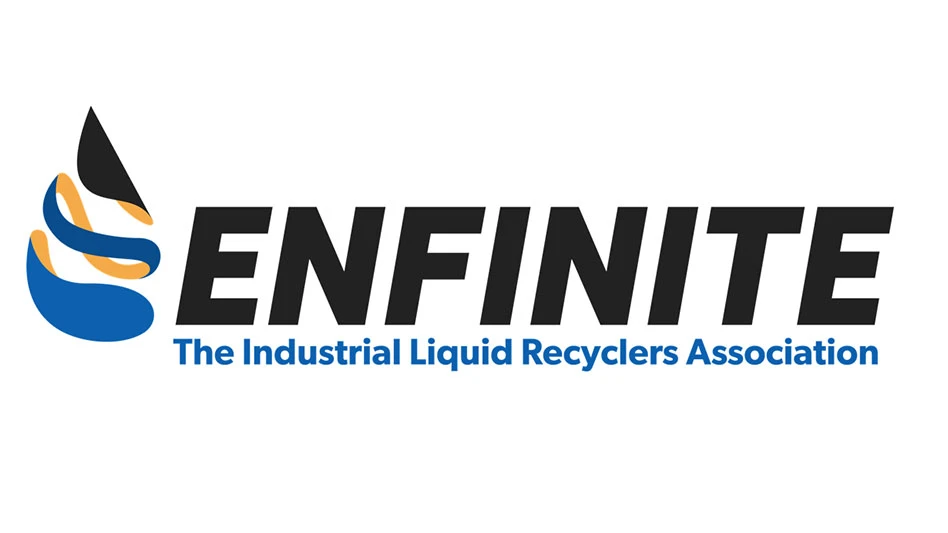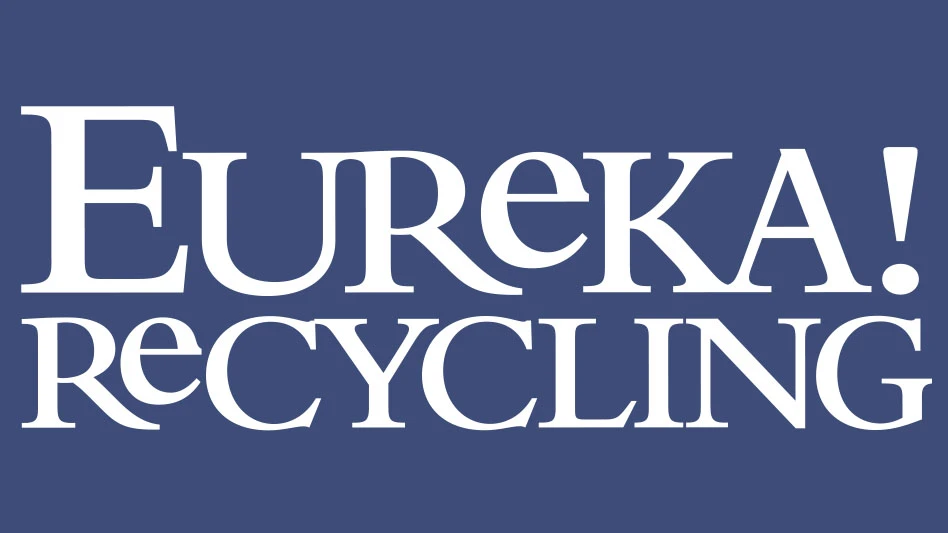A turtle never gets anywhere unless it sticks its neck out, proclaims a flyer from Turtle Plastics, Cleveland. Although the turtle is a relatively slow animal, we all know what happened during the race with the hare. In the same way, Turtle Plastics has taken 15 years to grow into a modest $1.3 million-a-year recycled plastics product business.
The company started out trying to find a method to recycle polyvinyl chloride from auto bumpers. But after an initial capital investment, the company could not achieve the PVC purity rate that carmakers required to reuse the material. Instead of giving up, owner Tom Bradley-Norton searched for lower uses for the recycled PVC and found that there were a wide range of products, such as mats and urinal screens, that could be made from the material. Thus, Turtle Plastics was born.
Turtle’s key to keeping business going involves not only using recycled plastic feedstock, but knowing that it can’t do it all. So the firm outsources much of its manufacturing, while retaining ownership of the molds.
"There have been many firms that were aggressive in collecting recycled plastics and were aggressive in making recycled products, but were not aggressive in marketing their products," says Michele Norton, vice president and part owner of Turtle Plastics, and Tom’s daughter. "Because they could not sell their products, they did not survive."
About 80 percent of Turtle’s business revolves around plastic interlocking mats that are used in industrial plants, shops and sports facilities. The mats, called Turtle Tiles, allow water and fluid spills to drain through gaps in the mats. They are even used to line horse stalls, dog runs, pick-up truck beds, and built-in swimming pools, according to Norton.
The mats come in a variety of colors, and the company recently expanded its line with two new products. One new line comes top-coated with carbide grit for heavy-duty traffic areas where slippage cannot be tolerated. "We already sold these mats to a major automotive manufacturer that is using them on an assembly line where fluids regularly drip on the floor," says Mark Norton, operations manager at Turtle, and Michele’s brother. "Before the mats were installed, the auto maker was paying $30,000 a month for workers’ compensation due to that line. Now they have reduced that payment significantly because of the mats."
The second mat innovation is called Tuft Stuff. It’s a porous tile with embedded pieces of industrial-grade carpet. The combination is designed to both clean shoes and keep areas dry.
"We are really excited about these two new products," says Mark, "and we are the only company on the market with the carpet tiles."
Although the mat segment is the company’s bread and butter, another niche has been growing rapidly for Turtle. That niche involves the sale of cribbing products to the fire and rescue industry. Cribbing is normally accomplished with blocks and wedges of natural wood, and fire departments and rescue teams use these wood pieces to "crib" or support and stabilize accident vehicles when rescue efforts are taking place.
"Wood is really not a good choice because it can absorb oil and fuel from the accident scene," says Mark. "Then the wood becomes a hazard itself, and has to be disposed of in a safe manner. Sometimes a barrel of contaminated cribbing wood can cost as much as $150 to dispose of properly. With our plastic cribbing products, you don’t have that problem. Plus, our cribbing is stronger than wood."
In addition to flexible vinyl, Turtle accepts materials made of high density polyethylene. The majority of the cribbing products are made out of HDPE.
Most of the feed material the company receives comes from unconventional sources. For instance, Turtle has canvassed all of the major theme parks and has set up a program to receive old rafts that are no longer need for water slides and rides.
Another source is prompt scrap from vinyl medical tube makers.
The company also accepts swimming pool liners and old vinyl gloves. The gloves come mainly from manufacturers of hospital and electronics equipment, and are used in non-infections environments. "These days people who are working in sterile environments to assemble sophisticated electronics, or to maintain the sterile nature of a health-care product, need to be gloved," says Mark, "and those are the vinyl gloves that we accept. You would be amazed how fast those waste gloves add up."
The company puts a lot of effort into tracking down various manufacturers of vinyl products and convincing them to turn their scrap over. "Some we have to pay for, some the companies are just happy to get rid of it, and some we have to charge a pickup fee," says Mark.
Through it all, Turtle Plastics has learned an important lesson of selling a recycled product: that consumers do not buy products for recycled content, but for affordability and added utility benefits. "We are profitable not because we used recycled plastics, but because our product is competitive in the market," he says.
The author is managing editor of
Recycling Today.

Explore the September 1996 Issue
Check out more from this issue and find your next story to read.
Latest from Recycling Today
- Georgia-Pacific names president of corrugated business
- Sev.en Global Investments completes acquisitions of Celsa Steel UK, Celsa Nordic
- Wisconsin Aluminum Foundry is a finalist for US manufacturing leadership award
- MetalX announces leadership appointments
- Sofidel agrees to purchase Royal Paper assets
- US Plastics Pact report charts expansion path for recycled content in packaging
- USTR announces phased measures designed to address China’s shipbuilding dominance
- APR, RecyClass release partnership progress report






